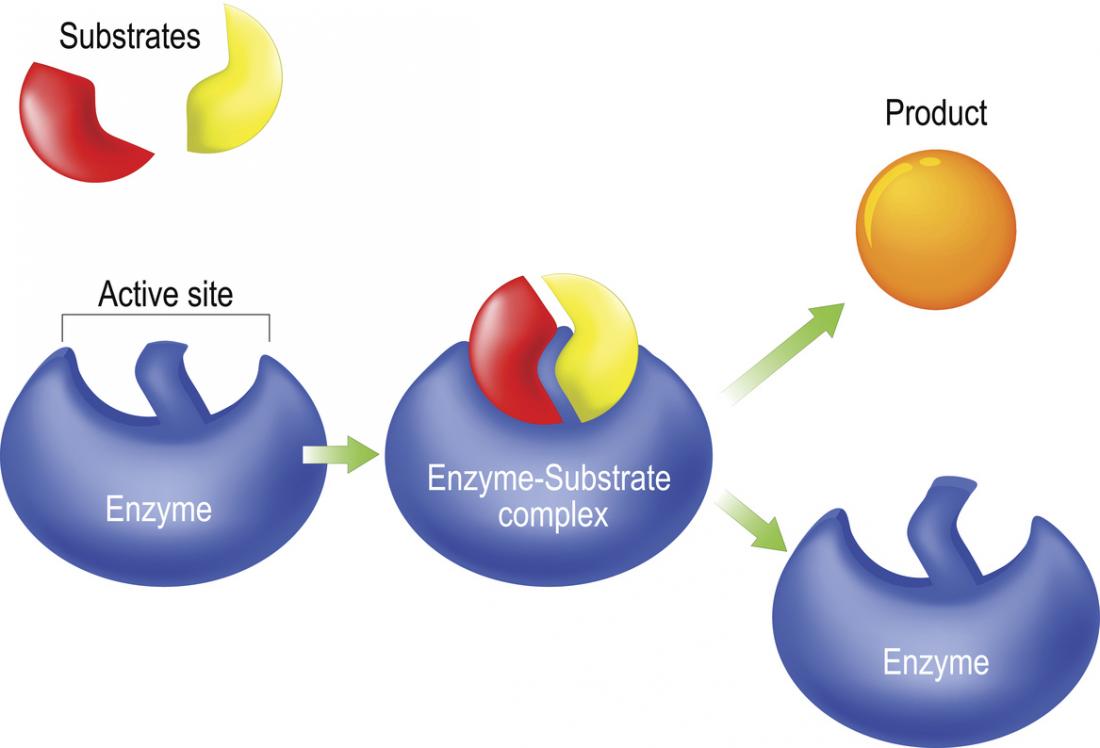Enzymes, themselves a type of protein, dash everywhere, performing up to a thousand tasks a second. Like greatly speeded up worker ants, they busily build and rebuild molecules, hauling a piece off this one, adding a piece to that one. Some monitor passing proteins and mark with a chemical those that are irreparably damaged or flawed. Once so selected, the doomed proteins proceed to a structure called a proteasome, where they are stripped down and their components used to build new proteins. Some types of protein exist for less than half an hour; others survive for weeks. But all lead existences that are inconceivably frenzied. As de Duve notes, "The molecular world must necessarily remain entirely beyond the powers of our imagination owing to the incredible speed with which things happen in it."

But slow things down, to a speed at which the interactions can be observed, and things don't seem quite so unnerving. You can see that a cell is just millions of objects—lysosomes, endosomes, ribosomes, ligands, peroxisomes, proteins of every size and shape—bumping into millions of other objects and performing mundane tasks: extracting energy from nutrients, assembling structures, getting rid of waste, warding off intruders, sending and receiving messages, making repairs. Typically a cell will contain some 20,000 different types of protein, and of these about 2,000 types will each be represented by at least 50,000 molecules.












